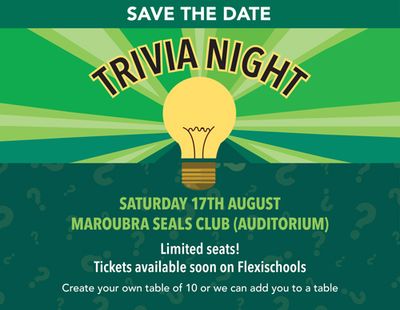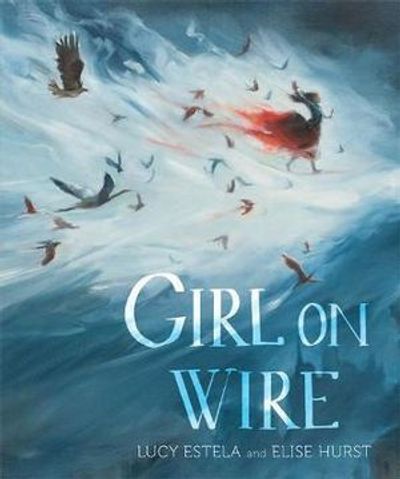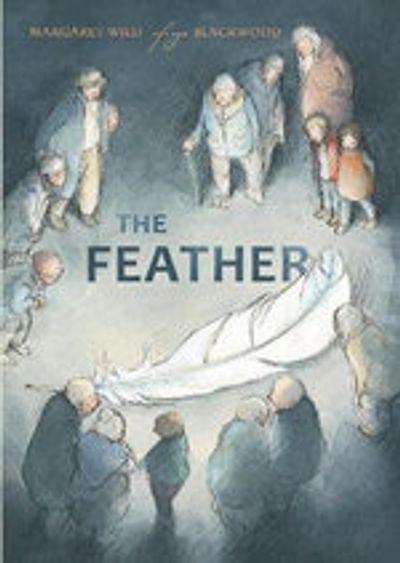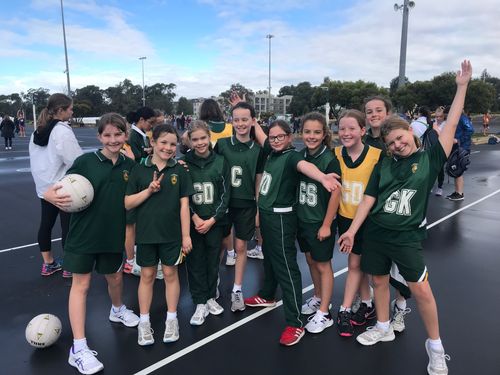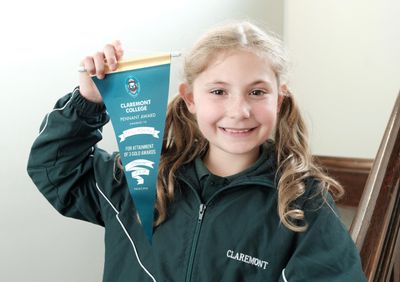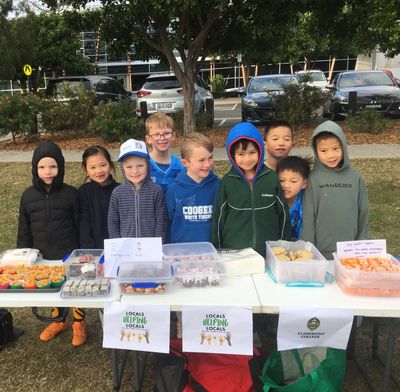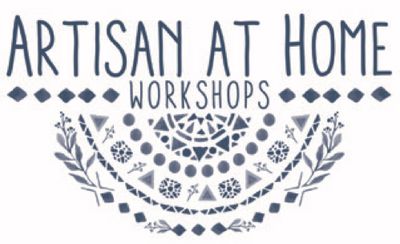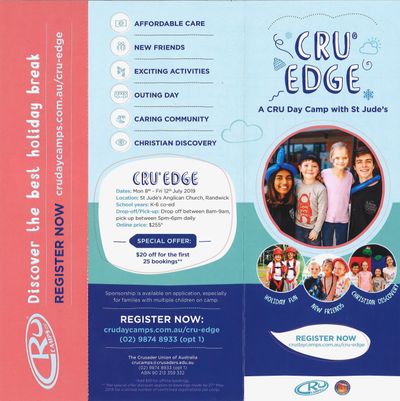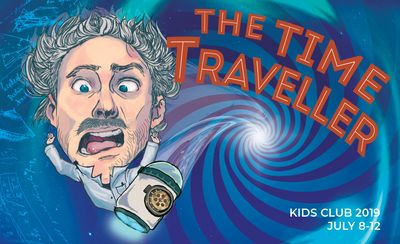As well as a place for learning about maths, writing and history, the school environment provides children with the opportunity to learn about relationships, how to get along with others and develop social and life skills in a supportive environment. In our Social Skills sessions, these skills are made explicit to the students and discussed with teachers and the student’s peers. In Weeks 6 and 7 at Claremont College, the Social Skills lessons focused on choices and consequences.
The objective of each lesson was to foster the students’ awareness of how we are making choices all throughout our day and understand the connection between choices and consequences. The lesson also normalised how at times we might not make the best choice. If this happens we then are faced with another choice - the choice to learn from that mistake.
In the Infant sessions, we discussed how some choices we make each day are easy, like what to eat first in our lunch box at recess, whilst other choices can be harder to make. We also discussed how our feelings like mad, sad or happy, can also impact the choices that we make. We considered that when making choices, we have options and the ability to think “what if” we choose a certain option. In Kindergarten, for instance, the students applied the understanding of choices to how we can choose to be kind or a good friend to others in the playground. The lessons also incorporated the students developing their understanding of how there can be positive and negative consequences associated with choices and that these consequences can be for ourselves and for others.
In the Primary grades, we continued to explore choices and consequences and went onto consider the decision making making process including:
- What are the options I have here?
- What are the consequences of each option?
- How might I feel if I choose this option?
- How might others feel if I choose this option ? E.g. Will I earn people’s trust by choosing this option?
- Will choosing this option be consistent with the values important to me?
- What are the rules and laws in my home, school and community that I need to consider when making this choice?
In the second session, Year 4 to 6 grades, students were presented with an ethical dilemma and had to think about the consequences as well as the rules and their values to help inform their decision making. Students drew on values of honesty and compassion whilst other students were able to insights from their own experiences to come up with a solution.
In Week 8 in Kindergarten and Year 1, the lessons centred around the word ‘perseverance’, and in particular thinking about what this means for the students when they are learning new things. One Year 1 student added to the discussion that she thought it meant falling down and getting back up. Another student shared their story of having to persevere when doing a maths sheet. The lesson incorporated the story book The Most Magnificent Thing by Ashley Spires to help the experience of perseverance come to life for the students. The children talked about how the feelings of mad, disappointment and frustration can be part of the experience of learning new things before we feel excited, proud or have that eureka moment. The students went onto draw a time they had to show perseverance when learning a new skill. We saw a great range of drawings including children showing perseverance when learning handwriting, Mathletics, learning to swim or play basketball.
In Years 2 to 4, the lesson focused on the experience of learning new things. From reading to riding a bike, the classes joined in discussions about their experience of learning new things with Thomas Fuller’s quote “All things are difficult before they are easy” providing the theme for the lesson. The discussion was aimed at students thinking about new skills they had learnt and concentrating on the emotional experience of learning that skill. The lesson made explicit that while we often focus on the joy of scoring a goal or getting a good mark, we have to remember the practice and perseverance required along the way as well as the feelings of frustration, hopelessness and disappointment. The lesson also incorporated thinking about what can help us learn new skills, such as asking others for help, taking some deep breaths and re-focusing, looking at things from a different perspective as well as self talk that can help us develop a more positive mindset for learning.
In Years 5 & 6, the lesson centred around the process of goal setting. Again, students were asked to think about their own experiences of achieving a goal and the process leading up to that achievement. We discussed the nights of practice in the cold before the soccer goal and the evenings of study before the good grade on the report and the feelings associated with this part of the process. The students were introduced to the S.M.A.R.T. goal setting framework and in discussions they considered the importance of planning, the normalisation of obstacles on the way to achieving goals, the importance of accessing support and using the resources around you, as well as setting up short and medium goals along the way to reach your long term goal. As always the discussion was lively and we saw students using their own strengths and interests to inform their understanding of this idea.
We hope that you will find this summary useful and even perhaps an inspiration for continuing these conversations at home. If you would like any further information about these sessions or any other social issue facing your child, please do not hesitate to contact me, via the Office at Claremont.
Miss Cath McKersie
School Counsellor
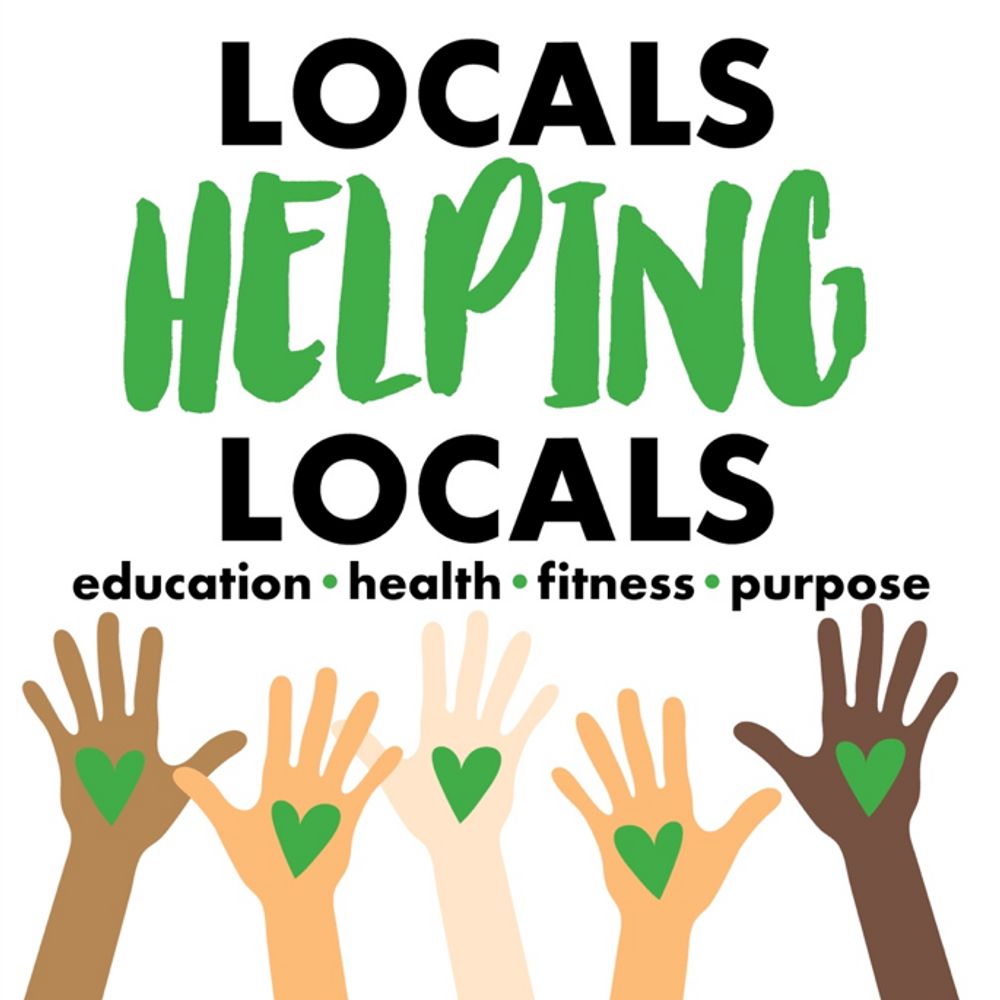
 Follow me
Follow me 